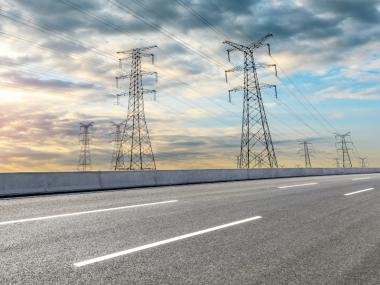
African Union’s Agenda 2063 articulates the importance of developing Africa’s infrastructure and closing the energy access gap to march towards the socio-economic transformation of the continent. Achieving the goals set by the Sustainable Development Goals and Agenda 2063 requires substantial investments in infrastructure development over the next decade and improving electricity capacity to meet SDG7.
Thus far, African governments have shouldered the bulk of the responsibility to finance energy infrastructure development through public resources and bilateral and multilateral financial arrangements with development partners. The Infrastructure Consortium for Africa recognizes that private sector still plays too limited a role in financing infrastructure investments in the Continent, averaging about 23.5% of total commitments in the year 2020 – 26% in the energy sector. With rising debt-to-GDP ratios, a tax-to-GDP ratio of 13%, and the effects of COVID-19, the space for public spending on infrastructure has narrowed. Private sector investment is essential to complement public sector efforts to sustainably finance infrastructure development.





